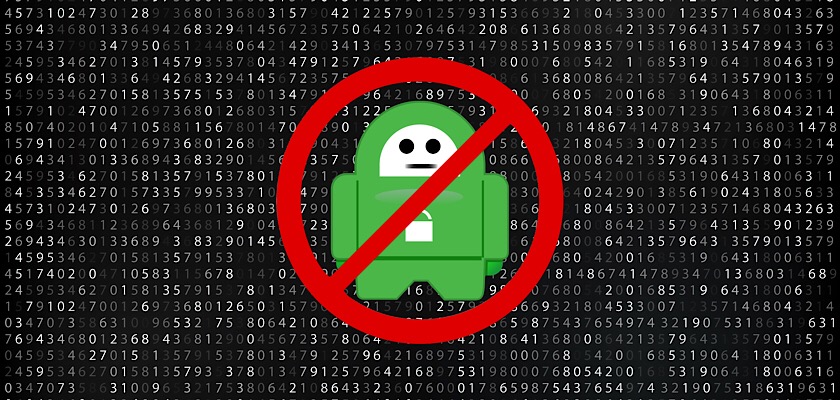Last week, Hong Kong leader Carrie Lam hinted that the country may start using executive orders to force internet service providers (ISPs) to block apps that are used by the protestors. Local ISPs said that the only way to implement these executive orders would be to introduce a large-scale surveillance firewall in the country which would operate in a similar way to the Great Firewall of China by restricting access to certain apps and monitoring internet activity in the country.
Today we’re seeing the first signs that this surveillance firewall has started to roll out in Hong Kong with virtual private network (VPN) provider Private Internet Access (PIA) reporting that its service has been blocked in the country.
According to PIA, users in Hong Kong are either blocked from connecting to the PIA service outright or are allowed to connect but then prevented from accessing any websites.
PIA responded to its service being blocked by saying:
“Private Internet Access believes in an open internet that is accessible by all. We entirely condemn the blocking of VPN services, or any apps at all, in Hong Kong and are actively searching for solutions to continue providing our services to the Hong Kong internet users that depend on an open internet to continue their freedom of expression.”
When the government’s plans to block internet apps in Hong Kong first emerged, local media outlets reported that the intention of these plans was to disrupt the successful mass organization of the protestors in the country.
VPNs encrypt internet traffic and prevent ISPs and the government from seeing which apps people are using and which websites they’re visiting. By blocking VPNs, the government can monitor Hong Kong protestor’s internet traffic and gain a greater insight into how they organize online. With this insight, it’s then easier for the government to determine what the protestors are planning and disrupt future protests.
Currently, PIA appears to be the only VPN service that’s blocked in Hong Kong. However, this could be the first app to be blocked as part of a large, staggered rollout of this surveillance firewall which means more VPNs and other types of apps could be restricted soon.
The restriction of PIA in Hong Kong is part of an ongoing digital battle in the country between protestors, the government, and China. Last month, Twitter banned ads from state-controlled media days after it was discovered that a state-owned China news agency was running a propaganda ad campaign against the protestors on the platform. Facebook also removed accounts with Chinese government links which were being used to spread deceptive info on the Hong Kong protests.
As concerns about online censorship ramp up, the Hong Kong protestors are also increasingly turning to offline messaging apps to ensure that they can still communicate digitally. These apps work by connecting directly with other devices that are nearby and will still function even if internet or phone service is restricted.
Update – September 11, 2019: PIA is no longer blocked in Hong Kong.













